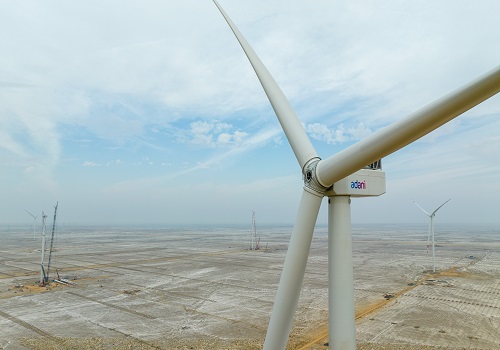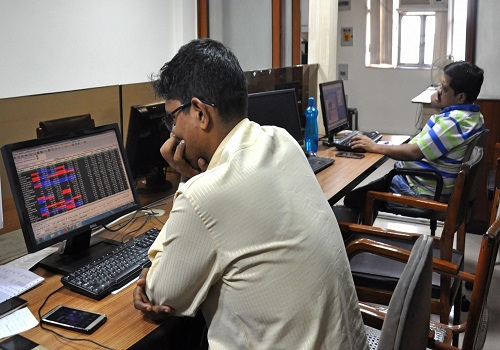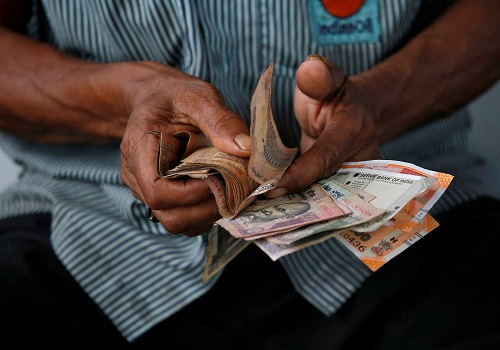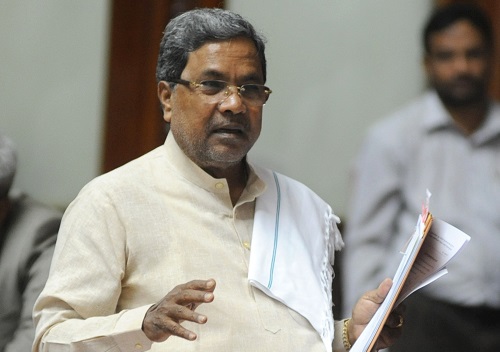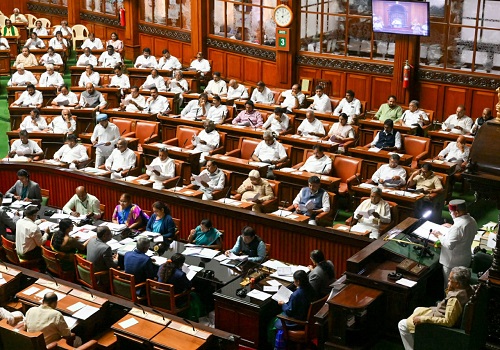Union Budget 2023-24 : Populism gives in to investment-led spending growth strategy Says Motilal Oswal Financial Services
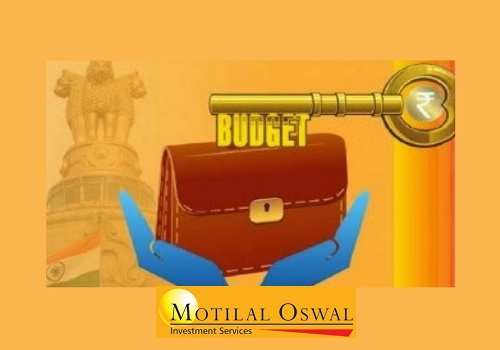
Populism gives in to investment-led spending growth strategy
Modest fiscal consolidation continues in FY24BE
The Union Budget 2023 was presented on 1st Feb’23 amid high expectations. Since this was the last full budget before 2024 General Elections, it was expected that the government could announce some income support for the rural sector or implement some measures to boost consumption growth in the economy. However, the government did not give in to these expectations and continued with its investment-led spending growth strategy along with modest fiscal consolidation. Although the Economic Survey projected a nominal GDP growth of 11% YoY in FY24, the Budget assumed 10.5% nominal GDP growth next year.
Fiscal deficit budgeted at 5.9% of GDP in FY24BE, kept unchanged at 6.4% of GDP in FY23RE:
Contrary to our expectation of lower-than-budgeted deficit in FY23, the Government of India (GoI) kept it unchanged at 6.4% of GDP in FY23. This means that fiscal deficit was revised up to INR17.6t in FY23, from BE of INR16.6t. At the same time, the GoI has budgeted the deficit at 5.9% of GDP (INR17.9t) for next year, which is in line with the market consensus but higher than our expectations of 5.7%. Total liabilities of GoI are likely to rise to 56.2% of GDP in FY24BE from 55.9% of GDP in FY23RE owing to weaker growth and modest consolidation. Moreover, although the bonds market cheered the lower-than-expected gross market borrowings (albeit net borrowings were in line with the market consensus), the GoI has assumed another INR4.7t worth of financing from small savings. The latter seems highly ambitious to us, and any shortfall in FY24E could mean either lower spending growth and/or higher market borrowings.
Tax receipt estimates more realistic v/s extreme conservatism in the past two years:
As highlighted in our Budget preview, the GoI could not have afforded to be conservative in its receipt estimates amid an expected general global slowdown in CY23. Accordingly, the GoI has budgeted 10.4%/11.7% YoY growth in gross/net taxes in FY24BE against 12.3%/15.7% in FY23RE, respectively. Although we expect nominal GDP growth to be much weaker than the GoI’s expectations, we also believe that tax buoyancy could be better. Thus, we do not expect any shortfall in tax receipts next year. Further, while the GoI could also meet its non-tax revenue receipts, there may be some challenge to meet its divestment target (of INR610b) next year.
GoI continues to focus on better spending quality:
At a time, when there were high expectations to announce measures to support the rural sector, the GoI kept revenue expenditure growth at minimal (just 1.2% YoY), and propelled capital expenditure (capex) strongly for the third consecutive year. Excluding subsidies, revenue expenditure is budgeted to grow 7% YoY in FY24BE, marking the slowest growth in eight years. GoI’s capital spending, however, is budgeted to grow 37.4% YoY in FY24BE following a 23% YoY growth in FY23RE. The government’s capital spending has surged almost 2.5x in the past three years to INR10t in FY24BE from INR4.2t in FY21. Since total government expenditure is budgeted to grow just 7.5% in FY24BE, the share of capital spending is budgeted to rise to 22.2% of total spending, marking the highest share in 18 years (up from just 12-13% in pre-Covid years)
Including IEBR, however, investment growth is more modest:
Notably, as highlighted in our recent report, a large portion of GoI’s higher capex is re-allocated from the internal and extra-budgetary resources (IEBR) of public sector enterprises (PSEs). Including IEBR, the aggregate capex is expected to fall sharply to just 3.5% of GDP in FY23RE, before recovering to 3.9% in FY24BE, same as in the pre-Covid years.
Overall, it was a relief to see the GoI resisting populism pressures. At the same time, neither the aggregate capex growth nor the tweaks in taxation is likely to make a big difference. With 5.9% budgeted deficit in FY24E, the task of bringing it down to 4.5% of GDP becomes even more challenging. It is possible only and only if the GoI keeps its spending growth extremely muted for the subsequent two years, thus restricting its ability to support economic growth.
To Read Complete Report & Disclaimer Click Here
For More Motilal Oswal Securities Ltd Disclaimer http://www.motilaloswal.com/MOSLdisclaimer/disclaimer.html SEBI Registration number is INH000000412
Above views are of the author and not of the website kindly read disclaimer



